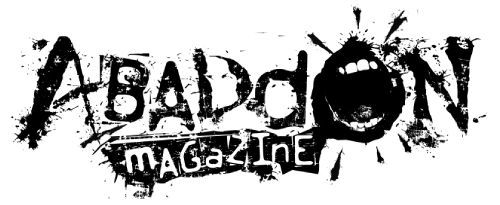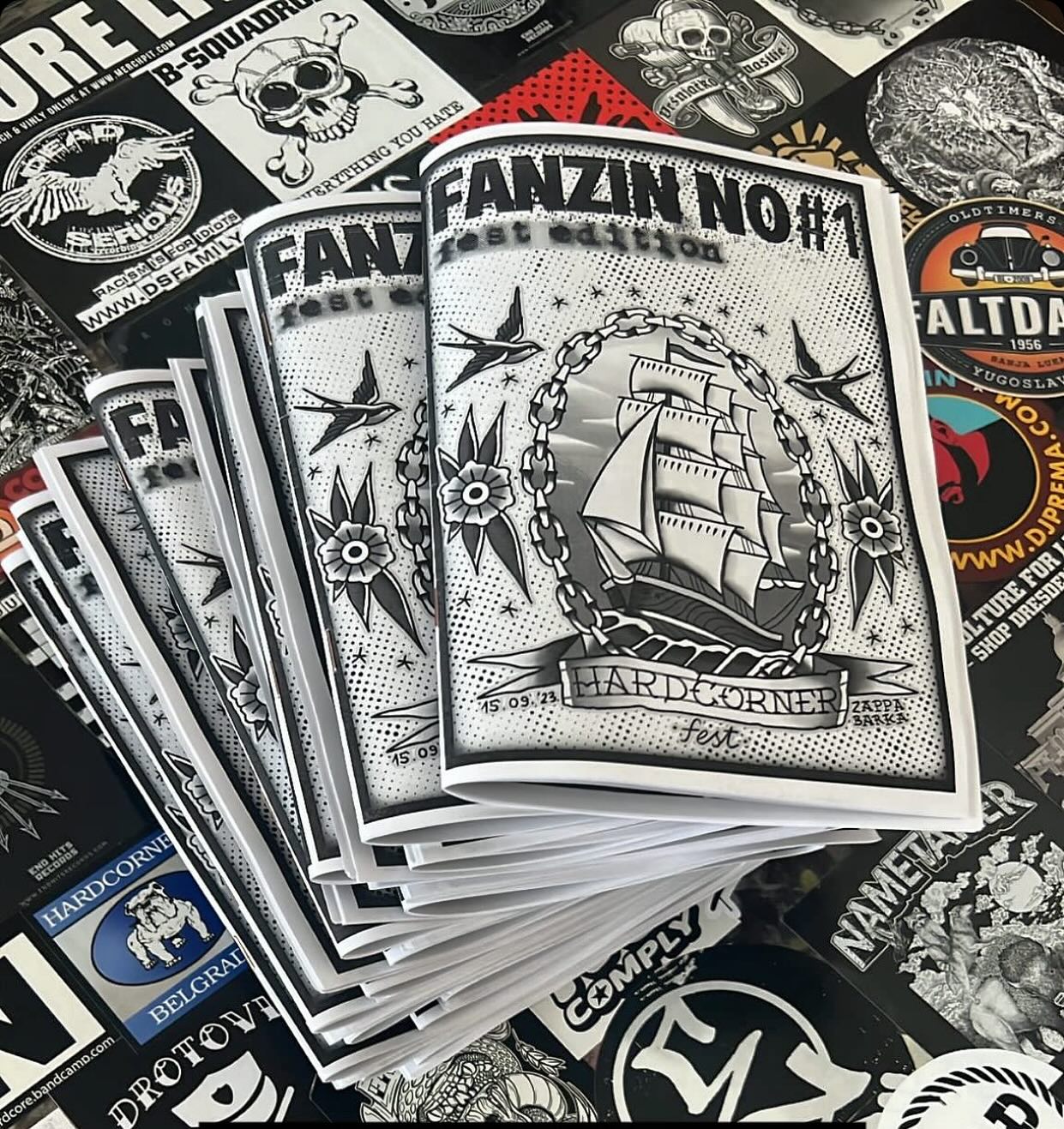 Label: Metal Blade Records
Label: Metal Blade Records
Release date: April 11th, 2025
Listening to “The Spin”, the fourth studio album by the Italian band Messa, isn’t just a matter of putting on an album. It feels more like entering a cathedral built from shadow. It becomes an act of devotion, one that calls for silence and demands your full presence. This is not background music. It is front and center, burrowing beneath your skin and settling into the parts of you that are often left untouched by ordinary art.
A psychic thread runs through every part of “The Spin”, weaving a kind of quiet, intimate violence throughout the experience. It is not the kind that explodes outward. Rather, it is the internal sort. It unfolds as a slow erosion of certainty, identity, and control. These are songs composed in the language of ache and structured in the syntax of survival. While each track inhabits its own distinct world, they all exist as rooms in the same house. That house creaks with bones and carries a heartbeat that begins to feel eerily like your own.
The album opens not with a statement, but with a question that feels like something whispered in a dream: “It’s the road that keeps you running / Or the drive that keeps your grind?” From the first moment, I could feel my pulse sync with the weight of that existential doubt. The image of pushing beyond your own breaking point in pursuit of something unknowable is harrowingly relatable.
This track swims in the liminal space between forward motion and collapse. Messa does not romanticize sacrifice. Instead, they reveal it for what it truly is: exhaustion, numbness, and the slow erosion of emotional reserves. Yet there is a haunting beauty in that honesty, a grim poetry in confronting the emptiness of ambition when it is unmoored from meaning. When Sara sings “People want some pieces of you alive / But they don’t know what lies inside” the line feels like it’s being carved into your ribs. It captures the pain of being seen and still misunderstood, of offering love through gritted teeth. This song offers no comfort. It validates your fear and then sits with you in the dark.
While “Void Meridian” mourns the cost of depletion, “At Races” lashes out against the relentless race itself. This track hit me in the gut. There is a desperation in its voice, a sense of galloping at full speed toward a cliff simply because there is nowhere else to go. The imagery of horses is not only elegant; it is primal and raw. The song evokes momentum as both a savior and a curse.
I couldn’t shake the feeling that I have been this person: someone cursed but still running, burdened by invisible weights and judged by countless stares. When Sara sings “Every stare / Weighs on my saddle bags” the simplicity of the image cuts with precision. Messa’s brilliance lies in their ability to translate emotional weight into sonic gravity. The track feels physically heavy. It pulls you downward even as it charges forward with fierce intensity.
This song embodies the ache you try to forget but never quite can. It expresses longing that is tangled with self-sabotage. There comes a point where desire tips over into destruction, and “Fire on the Roof” dwells in that precarious balance. It teeters between the impulse to reach out and the inevitability of burning alive.
When the line “Should I feed my heart with thorns again” surfaced, I felt the sting of old wounds and self-destructive patterns. The imagery of fire does not remain symbolic. It becomes sensory. You can feel the heat in every note, the urgency, the way it licks at the edges of your self-control. Messa doesn’t simply write lyrics. They invoke something elemental. This song captures what it feels like to hover between escape and surrender, watching the flames rise and choosing not to run.
“Immolation” completely wrecked me. It isn’t a track that you just listen to. It insists that you feel it. Every word is soaked in weariness. The notion of sacrifice is not treated as metaphorical. It is rendered literal and raw. This is the sound of offering up parts of yourself just to survive another day.
The line “It is like a beautiful weight on my heart” unspooled me. There is something deeply human about discovering a kind of sacredness in the pain you carry. Whether it’s rooted in memory, attachment, or the rituals of survival, Messa captures that experience perfectly. I felt seen. I felt hollowed out. And somehow, I felt reverent.
If “The Spin” has a spiritual core, then “The Dress” stands at its center. This track is more than music. It is confession, performance, and breakdown all at once. It is identity cloaked in velvet and slowly unraveling at the seams.
When Sara sings “All my monsters / Ready to feed” it feels like the moment of reckoning. The metaphors are embodied in a way that bypasses interpretation. You do not just hear them. You live inside them. Phrases like “a wasp in a beer glass” and “a ghost in my own flesh” provoke visceral recognition. This song forces you to ask who you are when the performance ends, when the costume comes off. The beauty within it is suffocating. It is cathartic. It is devastating.
The instrumentation is ceremonial. Jazz lingers in the spaces between notes, and doom unfolds in the decay. A kind of spiritual jazz-doom hybrid emerges from this blend. It creates the feeling of a ritual. It feels like a ceremony of self-annihilation. I came out of it shaken, yet deeply grateful.
“Reveal” feels like a chant from an oracle. It is part prophecy and part warning. There is a cold detachment in the imagery, as if we are witnessing the end of something sacred from a distance. A watcher speaks. A darling light flickers. The world ends in fire, but it is strangely beautiful.
Despite the apocalyptic tone, the song avoids descending into nihilism. The language is too poetic for that. There is awe in the decay and wonder in the ruin. I was especially struck by the lines “Forged by fire / Lightning splendour”. These images are terrifying and luminous at once. This is Messa’s gift: they reveal the abyss and somehow make it shimmer. By the time the song ends, you may feel hollowed out, but also illuminated. It feels as if you’ve brushed up against something sacred and unknowable.
As the album’s final chapter, “Thicker Blood” feels like the culmination of a spiritual descent. It doesn’t offer redemption in the traditional sense. Instead, it suggests a rebirth born from total disintegration. This is the voice of someone who has crawled out of the fire. They are not whole, but they are changed.
The invocation of maternal imagery “Help me, my mother / Dare me to bloom” reads like a prayer whispered from the bottom of the earth. It rises through ash and bruises and carries mythic weight. The references to tridents, decapitated suns, and flesh speak of a transformation that is messy, painful, and elemental. Yet there is power in its ferality.
The song’s structure mimics a storm. It builds, collapses, and allows silence to settle in like fog. It is the sound of blooming while your hands are still covered in dirt.
“The Spin” is not merely an album. It is an initiation. Listening to it feels like entering your own inner sanctum, confronting the self you hide, mourning the self you’ve lost, and bearing witness to the one that might yet emerge. Messa has created something rare: a sonic space where grief, rage, love, and transformation are allowed to breathe, to howl, and to linger.
This is music for those who have been cracked open and want to understand what spills out in the aftermath. It won’t fix you. It doesn’t promise to. But it will sit beside you while you sift through the pieces.
And sometimes, that is more than enough.





